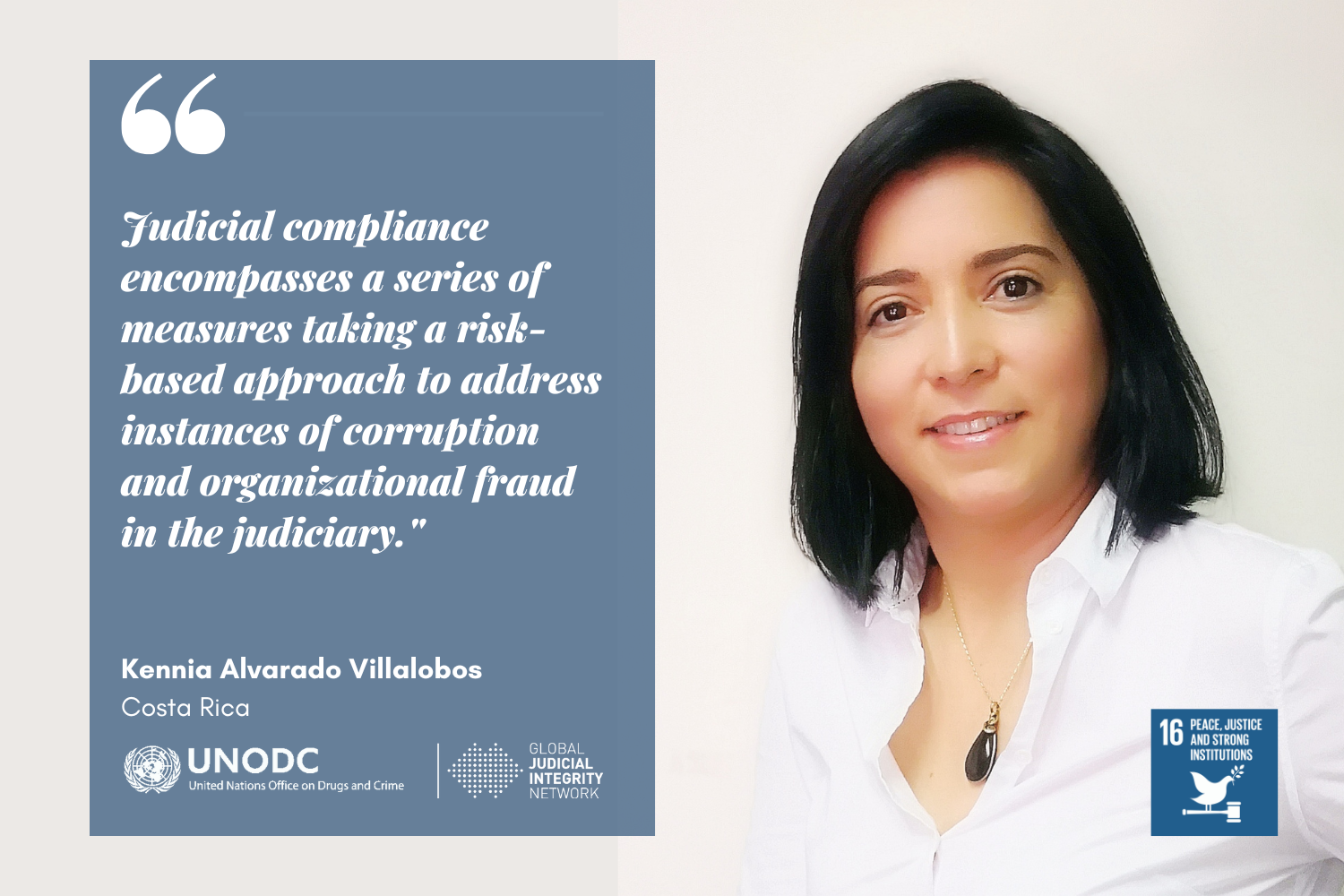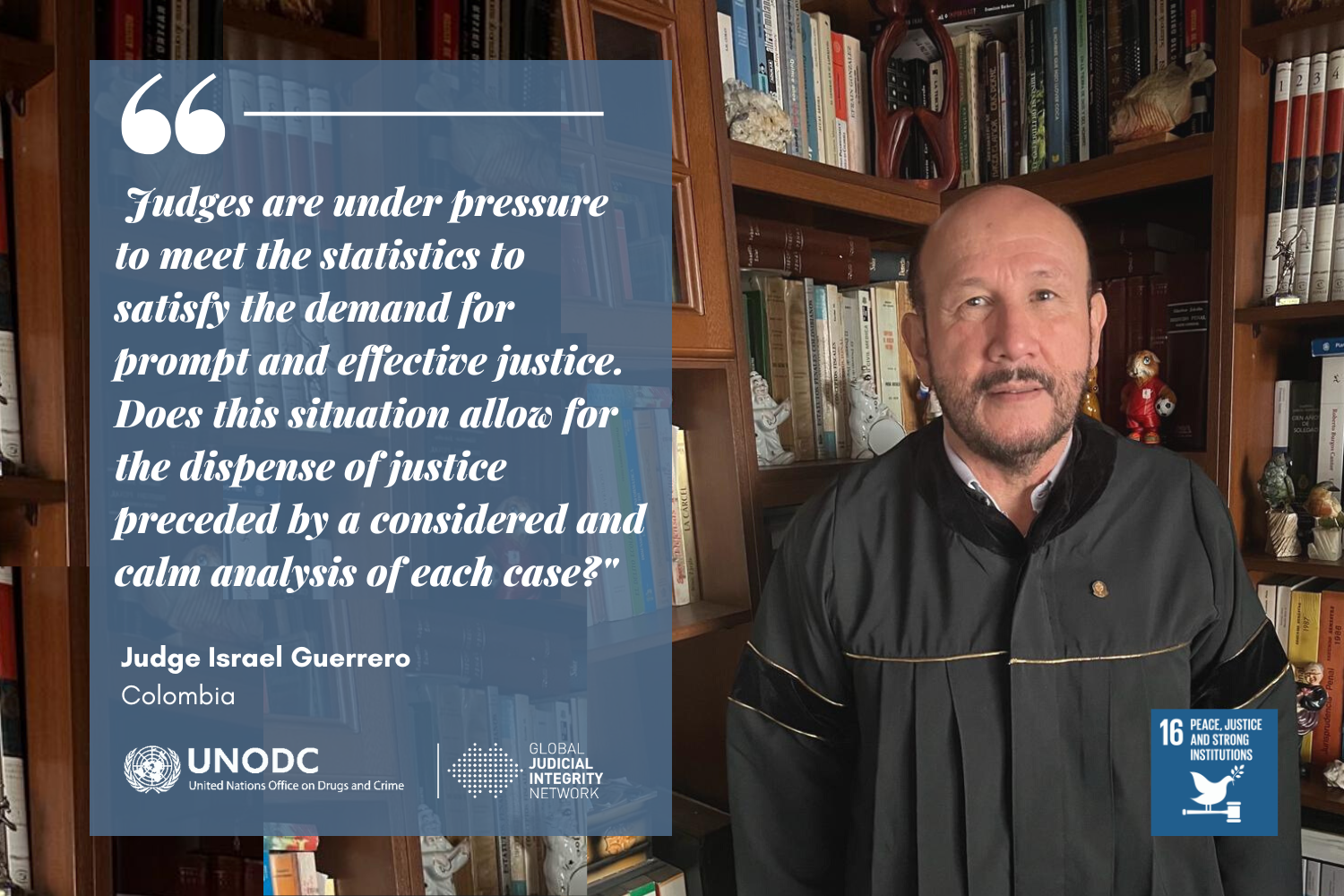The Lucky Princess: The Role of Judges in Changing the Gender Narrative
Mary Rose Gearty is the Director of Judicial Studies for the Judiciary of Ireland and a Judge of the High Court of Ireland.
______________________________
Fairy tales create strong associations and are reinforced by parental reassurance in the telling and by repeated retelling in films and fiction, which further reinforce these archetypes: goodies and baddies, brave princes and beautiful princesses, all strike powerful chords with us throughout our lives. It is no coincidence that multiple studies confirm the prevalence of strong associations between men and leadership roles, and women and nurturing roles. [1]
We know that gender bias is a global problem. Judges have an important role in challenging the narrative that men were born to lead, women to care. Our defining role is to do justice. If the judiciary perpetuates the effects of withholding opportunity, limiting education and refusing support, then we are part of the problem. The essence of integrity includes diligence, honesty, and fairness. If we do not examine the factors that produce unfairness, there is a lack of diligence, perhaps even a dishonesty, in our wilful blindness. There are historical reasons for the gender pay gap, for the limited number of female applicants for prestigious roles, and for the continued failure of the judiciary to reflect the population over which we sit in judgment. Knowing those reasons, complacency moves towards complicity.
Information alone will not change behaviour. Yes, those in positions of power must be well-informed about the issue, but we must also be convinced that the exclusion of swathes of potential candidates for leadership roles is a very bad thing and, finally, we must be moved to act on this knowledge.
A one-day workshop will not solve these problems. Mirroring the childhood stories that are so irresistible, learning new and difficult lessons requires repetition. We will all be tired of saying this when – if ever? - gender bias is effectively addressed.
Targeted and repeated training coupled with affirmative action - putting the princess into a position where she is equal to and works beside the king and his inner circle - disrupts the old patterns of distributing power and persuades the kings to loosen their grip so as to enhance the quality of decision-making for all. How do we claim to have integrity if we do not strive for these goals?
To address unconscious bias is to ask humans to override a strong and very useful form of neural shortcut. If you are one of the kings, it is to ask you to acknowledge that you had a head start. As a white woman from a privileged background, I must accept that I too had a head start. I would like to think that I am a judge on merit alone. That cannot be so - equally talented men and women did not have the socio-economic advantages I had. I was lucky. This admission is difficult to make.
The best ways to increase active steps towards diversity include metacognitive or reflective practices and games. [2] When a scenario is enacted - where trainees step into the shoes of the disadvantaged other, where their own biases are exposed and discussed - the lesson has more impact than an article or lecture. When the message is repeated and then reinforced by conduct and norms within the judiciary, gradually, the will to tackle unfairness grows.
Judges should represent the people and should not only be comprised of wise kings. To be champions of justice, judges must do more than talking about equality. Even as we aim to achieve equality for princesses, the same reasoning compels us to strive for equal opportunities for all minorities.
Then we will live happily ever after.
[1] See e.g., Caroline Criado Perez, Invisible Women; Reni Eddo-Lodge, Why I'm No Longer Talking to White People About Race; Cordelia Fine, Delusions of Gender; and Danial Kahneman, Thinking: Fast and Slow.
[2] See Ed O’Sullivan & SJ Schofield, Cognitive Bias in Clinical Medicine, JR Coll Physicians, Edinb, vol 48, pages 225 to 232. The authors recognised these methods as being effective to counter bias. Metacognitive practices include reflecting on decisions before making them by writing down the reasoning involved, a practice with which judges should be very familiar.


